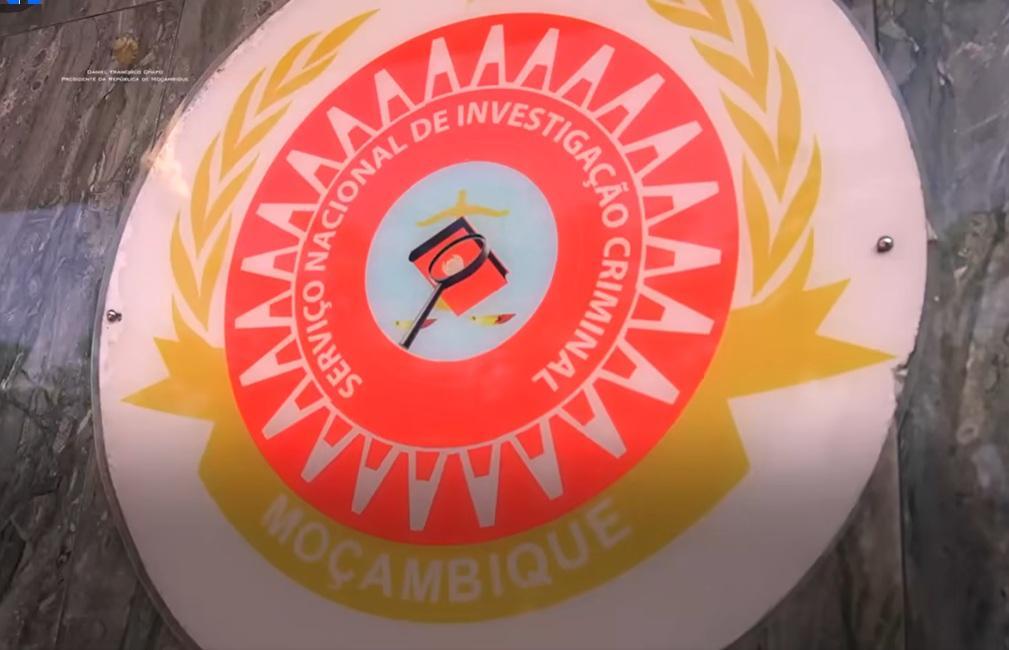Africa-Press – Mozambique. This Monday, the President of the Republic, Daniel Chapo, launched the 2025-33 Strategic Plan of the National Criminal Investigation Service (SERNIC), a guiding instrument for the reform of Mozambique’s judicial police, whose implementation will cost just over 88.8 billion meticais (around US$1.3 billion, at current exchange rates).
The information was made public by SERNIC Director-General Nelson Rego during the presentation of the eight-year plan which is based on five pillars and aims to, among other goals, strengthen and improve criminal investigation capacity and the quality of procedural preparation; modernize technological infrastructure; reformulate management models; and improve internal coordination and cooperation.
According to Nelson Rego, the SERNIC Strategic Plan comprises the following pillars: crime prevention; criminal investigation and procedural instruction (preparation procedures for court submission)); international cooperation; communication and institutional image institutional development and cross-cutting issues.
The first pillar, according to Nelson Rego, aims to develop and improve crime prevention strategies, which will be citizen-centred and grounded in criminal intelligence. To this end, institutional capacity is expected to be strengthened in the areas of crime prevention, anticipation, and clarification, ensuring integrated and sustained responses.
The second pillar, criminal investigation and procedural instruction, aims to strengthen and improve criminal investigation capacity and the quality of procedural instruction, with a view to standardizing its practices and ensuring greater compliance with national and international regulations. It also aims to increase the number of qualified and certified personnel in criminal investigation and procedural instruction.
The third pillar aims to strengthen international cooperation in preventing and combating organized, transnational, and cross-border crime, hoping to result in a sustained expansion of international and regional strategic partnerships; increased representation and participation in multilateral mechanisms and joint operations; improved efficiency in processing international cooperation requests; and facilitated access to real-time data sharing.
The penultimate pillar aims to promote the image and trust in SERNIC; strengthen the institution’s internal and external coordination and communication; and ensure the public provision of clear, accessible information that is understandable by society.
In the final pillar, SERNIC aims to develop its institutional, organizational, and technical capabilities, including the modernization of infrastructure and equipment.
The plan, approved on June 22nd and endorsed by the Attorney General on June 24th, will be evaluated annually and intermittently (2028 and 2031), with the final evaluation taking place three months after its implementation is completed.
The Criminal Investigation Police, now overseen by the Attorney General, claims its mission as providing an effective and efficient criminal investigation service, focused on combating the most complex and organized crime, equipped with essential components related to the processing and analysis of information for prevention and repression.
It also claims to be guided by the values of legality, integrity, justice, impartiality, objectivity, probity, transparency, respect for human rights, ethics, deontology, and professional conduct.
A historic step – Chapo
For the head of state, the approval of the SERNIC Strategic Plan 2025-2033 “is a historic and transformative step” which “consolidates SERNIC as an autonomous, modern, and effective body serving justice and Mozambican society”.
“This effort to transform SERNIC into a body of excellence requires from all of us—public and private entities and other relevant actors in our society—a fruitful collaboration with the Government’s efforts to modernize criminal investigation services, so that they are increasingly closer to the citizen.”
According to Chapo, the new SERNIC Strategic Plan “is deeply aligned with the major commitments of the State and the Government”, namely the 2025-44 National Development Strategy and the government’s 2025-29 Five-Year Program, as well as other planning instruments that embody the commitment to “ensure the prevalence of justice, peace and security, which are fundamental conditions for our economic, social, political, environmental and cultural development”.
“With the implementation of this plan, we want SERNIC to consolidate itself as a modern, effective, transparent service aligned with the highest international standards of criminal investigation, and to conduct investigations innovatively to achieve differentiated results in the face of the complexity of international crime,” Chapo argued.
The head of state also emphasized that he expects SERNIC to “effectively and appropriately employ special criminal investigation techniques, as well as information and communication technologies, aiming to provide better service to the Mozambican people”.
Chapo demanded the increase and consolidation of internal counterintelligence mechanisms to combat corruption within the institution “and other deviant behaviour, promoting ethics, integrity, discipline, transparency, and accountability in the performance of its activities”.
The Assembly of the Republic on May 26th approved the revision of the SERNIC Law, which, among other innovations, introduces a SERNIC Training Institute, an INTERPOL (International Police) Office, a National Inspector and an Ethics and Disciplinary Council.
The new SERNIC Law also introduced investigation units for crimes against state security, terrorism, computer fraud and related crimes, and money laundering and terrorist financing. Implementation of this will, according to the Ministry of Finance, cost 12,707,424.00 meticais.
The SERNIC Strategic Plan was launched shortly after the Attorney General inaugurated the Forensic DNA Laboratory, which will provide the country with cutting-edge forensic technology for the scientific production of evidence, “with a direct impact on the resolution of complex crimes, including homicides, kidnappings, sexual abuse, drug trafficking, organ trafficking, and even civil disputes, such as paternity cases”, according to Daniel Chapo.
For More News And Analysis About Mozambique Follow Africa-Press






